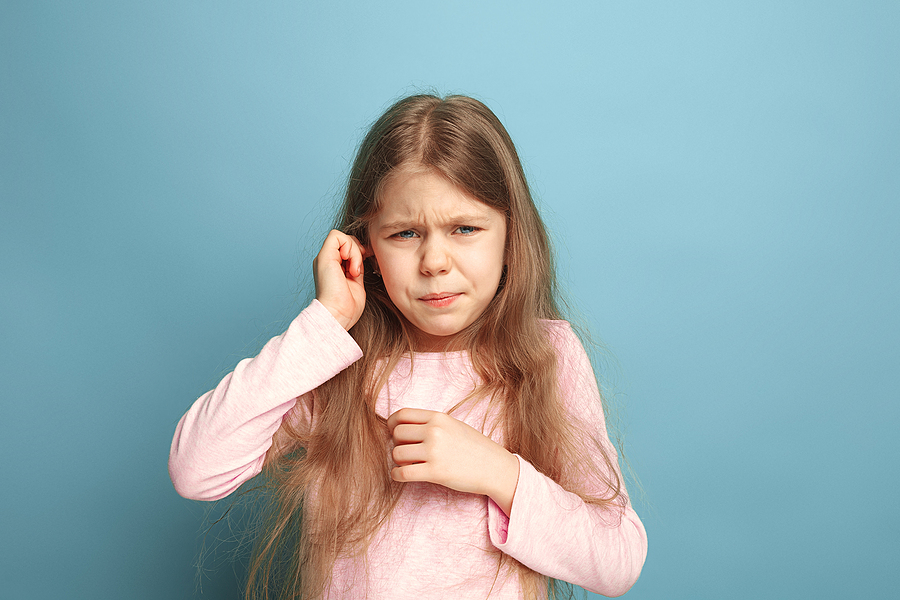Is It Allergies or a Winter Cold? How to Spot the Difference
Posted By:SSG Admin Posted On:31-Dec-2024
According to the CDC, more than 200 different viruses are tied to the common cold. That’s why it’s unsurprising that a cold is a leading reason people miss school or work. With the average duration being no more than seven days and so many different viruses, it’s common to contract a cold an average of two or three times a year.
Almost 33% of adults and over 25% of children suffer from allergies. Seasonal allergies are the most common type of allergy. Other allergies include allergies to foods, dust mites, mold, pets, perfumes, cosmetic ingredients, and latex. Eczema is another type of allergy that impacts adults and children.
When the symptoms are similar, how do you know when it’s a cold or when it’s an allergy? Worse, it’s possible to have both a cold and allergies at the same time, which can make you feel lousy. Here’s a guide from our experts at Premium Allergy to determine whether a cold or allergies are dragging you down.
Key Symptoms of Allergies
Your symptoms when you have allergies depend on the type of allergy. For seasonal allergies or allergies to things like pet dander or dust mites, common symptoms include:
- Congestion
- Cough
- Itchy, watery eyes
- Runny nose
- Sneezing
If your nose is especially runny, you may end up with a sore throat from post-nasal drip. A headache may occur if your sinuses are inflamed. Sinus headaches associated with allergies often cause pain and pressure in your face. If the headache is also putting pressure on your forehead, behind the eyes, and around your cheekbones, it’s a sinus headache. Some people get a sinus headache without other allergy symptoms.
People often associate seasonal allergies as being a problem in the spring and fall when tree, grass, and weed pollen counts are highest. Winter allergies are also prevalent. In the winter, air is drier due to heating systems running around the clock. That dry air lowers the number of dust mites, but pet dander remains an issue. If you use a humidifier to increase your home’s humidity levels, dust mites and mold become problematic if you’re not carefully controlling the level of moisture in the air.
Food allergies are often more severe. Abdominal discomfort and stomach issues are one sign of a food allergy. But, there are severe symptoms like swelling of the mouth and throat or anaphylactic shock, which can be deadly.
Allergic asthma is another type of asthma. It can lead to a tightening of the airways and difficulty breathing.
The final type of allergy that’s important to consider is atopic dermatitis, or eczema. Many things can trigger this allergic reaction that impacts the skin. Symptoms include:
- Blistered skin
- Cracked, dry skin
- Itchy, red rash
The symptoms of allergic eczema typically appear within hours of contact with the allergen. It may take a few days for symptoms to appear. Allergic eczema usually impacts the hands and face, but it can appear anywhere.
Key Symptoms of Colds
Winter is the prime season for colds because people tend to gather inside where it’s warm and dry. Heating systems do dry the air, and that makes it easier to contract a cold. When your sinus passages are drier because of the dry air, it’s easier for viruses to impact your health. When you have a cold, the virus that enters your body triggers the following key symptoms:
- Congestion
- Cough
- Runny nose
- Sneezing
- Sore throat
Additionally, a cold can make you feel tired. Your body may want to sleep more than usual. You may develop a headache, especially if the cold is targeting your sinuses. Sometimes, a fever occurs, too. These symptoms usually last up to a week, though it depends on the cold. Some may extend beyond that. Much of this depends on the type of virus and how well your immune system battles infections.
The best approach to a cold is to increase fluid intake. Mucus is often much thicker with a cold than with an allergy. You want to keep the mucus flowing, and extra fluids help with that. Sip water, hot lemon and honey water, herbal teas, and seltzer as much as you can. Have broth and soup available for meals and snacks.
You can make a pot of tomato soup in a slow cooker and have that available all day. Chicken broth, a couple of pounds of quartered plum tomatoes, a sliced onion, and your favorite herbs are all you need to make a soup that provides a number of beneficial antioxidants. After it cooks for several hours, use an immersion blender or blender to puree the mixture.
Over-the-counter cold medicines can help with congestion. Consider using ibuprofen or acetaminophen to manage headaches and fevers.
How Do You Tell the Difference?
Those are the symptoms of allergies and common colds, but many of the symptoms overlap. How can you tell the difference?
In the case you have a fever, it’s a cold. Allergies don’t include a fever. The thickness of the mucus is another good sign. Colds tend to have very thick mucus, while allergies are thinner and more watery.
Allergies may not ease. Colds eventually go away. Because the higher percentage of allergies are seasonal, you have to wait until the seasonal pollens go away. If you have allergies to dust mites, mold, or pet dander, the allergies may not ease. That’s when you need to find a better solution for lasting allergy relief.
You can have both a cold and allergies at the same time. If you have symptoms of both colds and allergies simultaneously, you need to take a comprehensive approach to managing both. Stay hydrated. Avoid processed foods to ensure your body is filled with essential nutrients. Finally, get enough rest.
Tips for Finding Lasting Relief
Immunotherapy provides lasting relief from several types of allergies. If you suffer from any of the following, schedule an appointment at Premium Allergy.
- Allergic asthma
- Dust mites
- Hay fever
- Insect stings/bites
- Mold
- Pet dander
Allergy shots have been proven remedies to allergies for years. Small amounts of the allergen are injected over a span of years to help your body’s immune system learn to avoid the inflammatory response. If weekly shots for several years aren’t appealing, there’s a newer intralymphatic shot that is completed over three months. Or, you may prefer sublingual treatments that are taken orally at a convenient time of day. Premium Allergy offers all three, book an appointment today!





